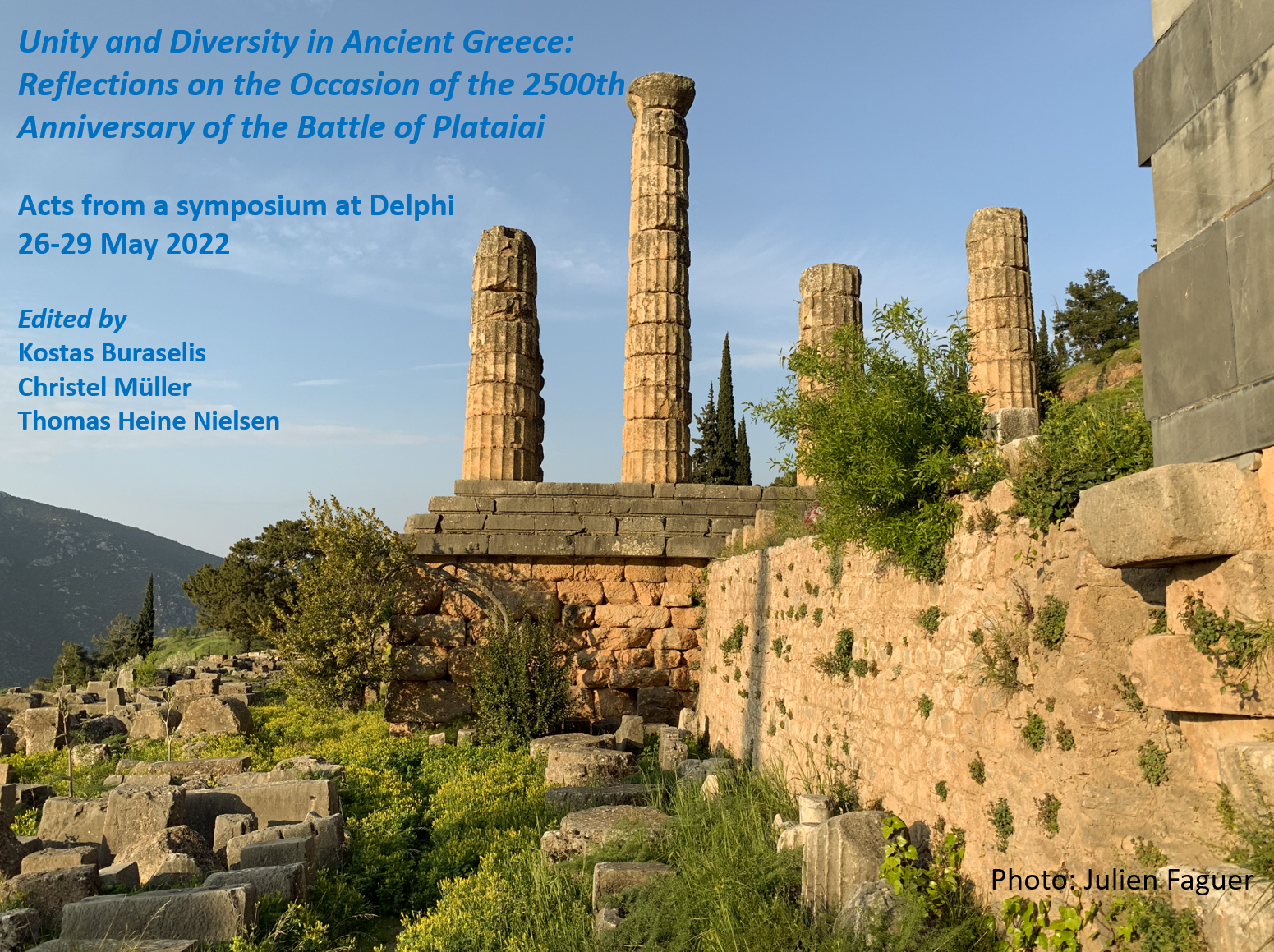Divine Intervention and the Unity of the Greeks during the Persian Invasion
DOI:
https://doi.org/10.7146/classicaetmediaevalia.vi1.145231Abstract
Herodotus’ Histories shows that the Persian invasion of Greece of 480-479 BCE revealed divisions among Greek city-states. Despite these divisions, this article argues that the work also relates how Greek gods and heroes remained united in repelling the Persians, providing a lesson to Herodotus’ Panhellenic audience. To this end, the paper examines the sacred topography related to divine interventions in four narratives in the Histories: the Sepias shipwreck, the Persian siege of Delphi, the burning of the Athenian
Acropolis’ olive tree, and the battle of Plataiai. Through an analysis of these narratives and their topography, the article explores how the Histories emphasizes the unified force of Greek divinities in the conflict.
Downloads
Published
How to Cite
Issue
Section
License

This work is licensed under a Creative Commons Attribution 3.0 Unported License.
Authors who publish with this journal agree to the following terms:
- Authors retain copyright and grant the journal right of first publication with the work simultaneously licensed under a Creative Commons Attribution License that allows others to share the work with an acknowledgement of the work's authorship and initial publication in this journal.
- Authors are able to enter into separate, additional contractual arrangements for the non-exclusive distribution of the journal's published version of the work (e.g., post it to an institutional repository or publish it in a book), with an acknowledgement of its initial publication in this journal.
- Authors are permitted and encouraged to post their work online (e.g., in institutional repositories or on their website) prior to and during the submission process, as it can lead to productive exchanges, as well as earlier and greater citation of published work (see The Effect of Open Access).





